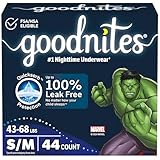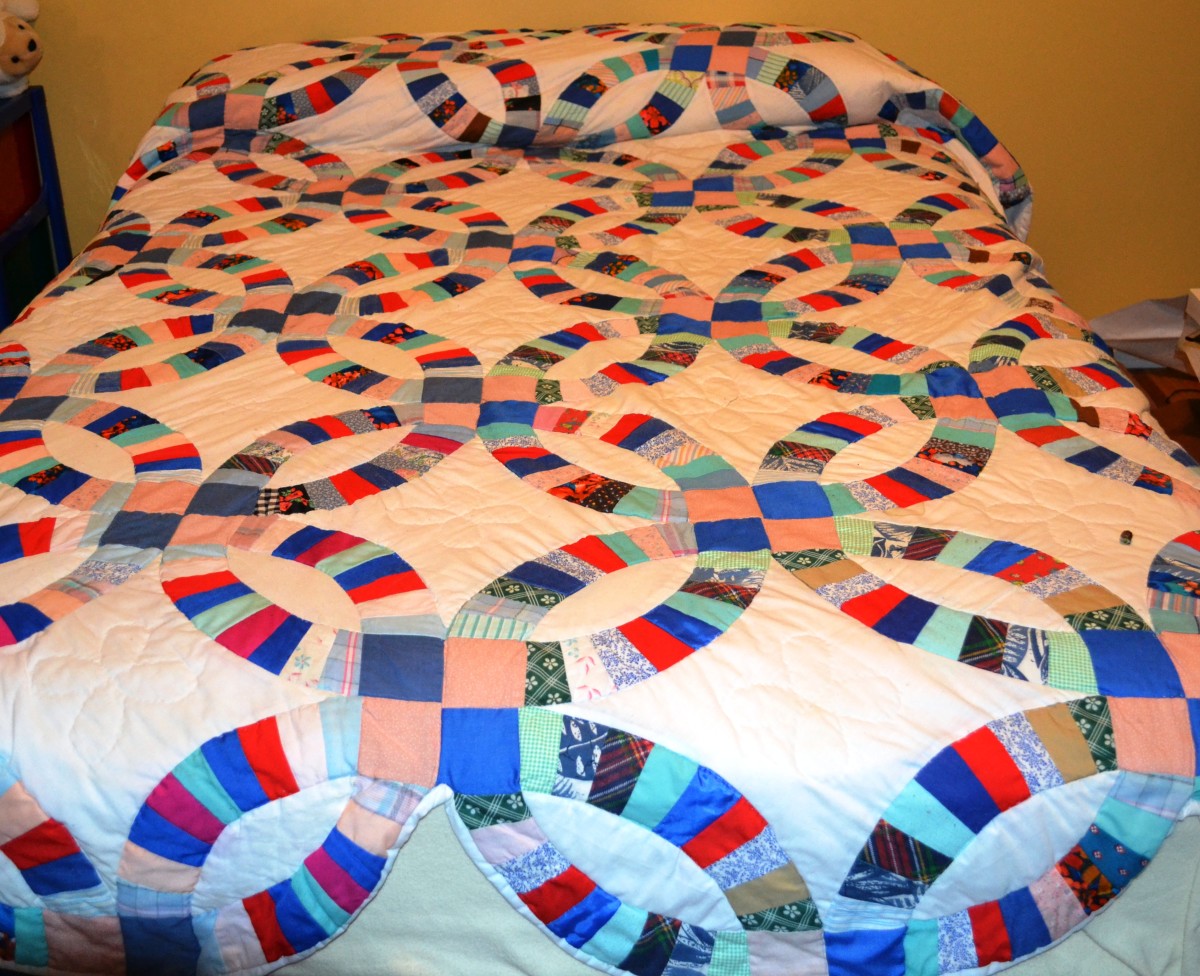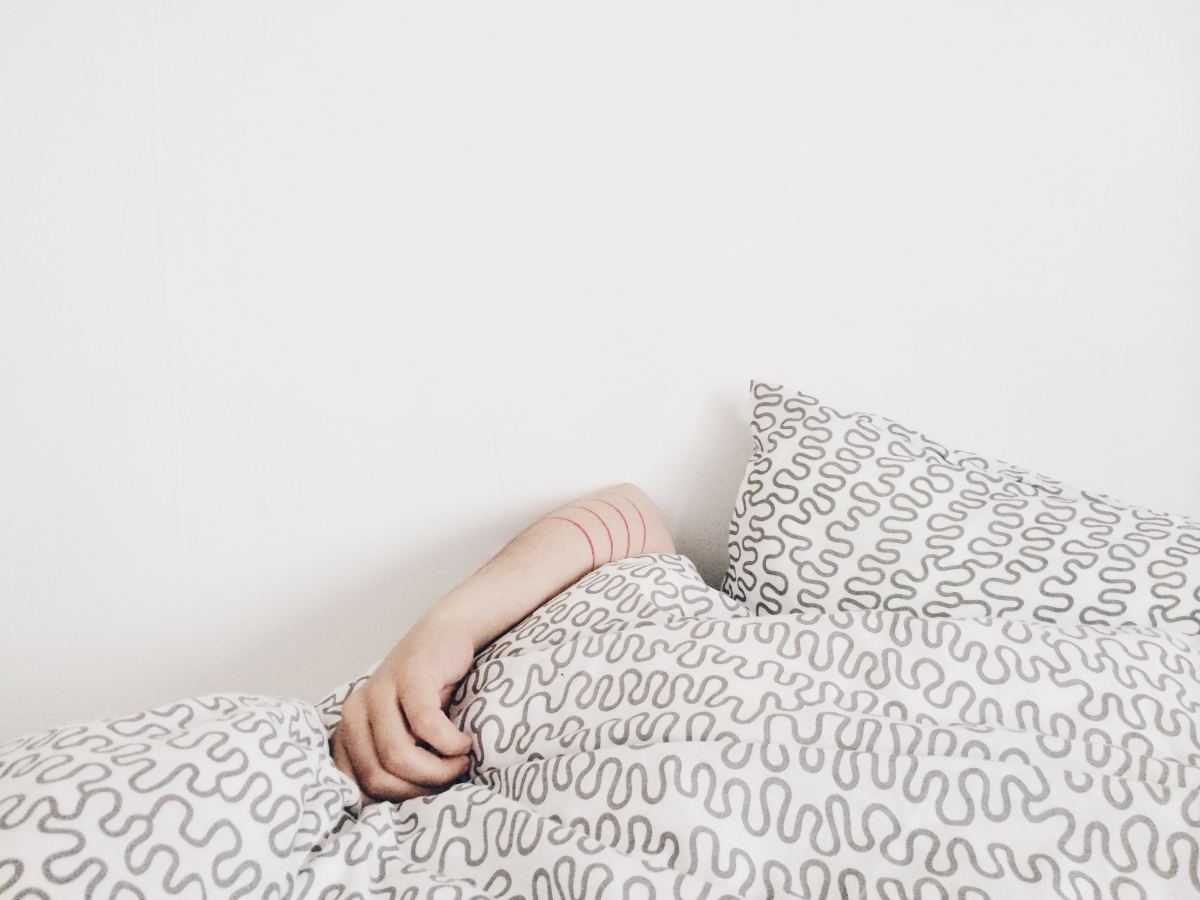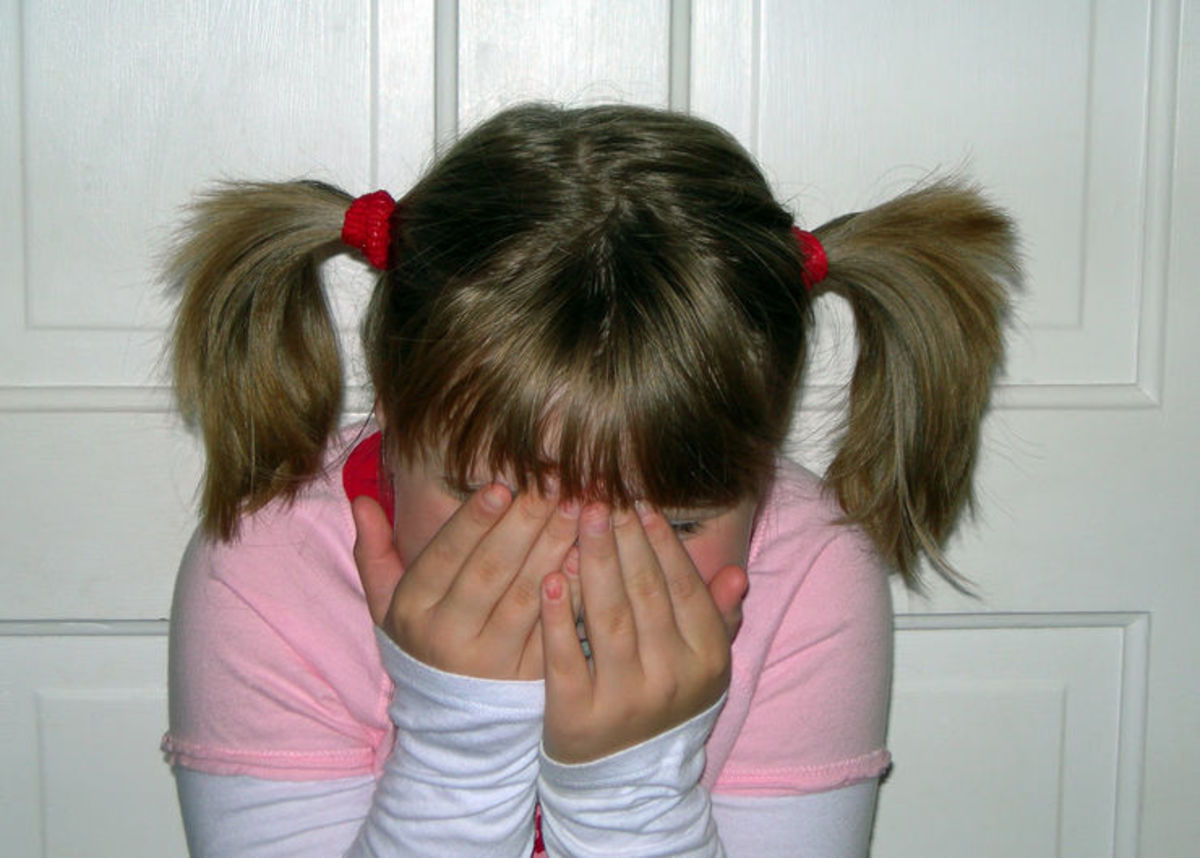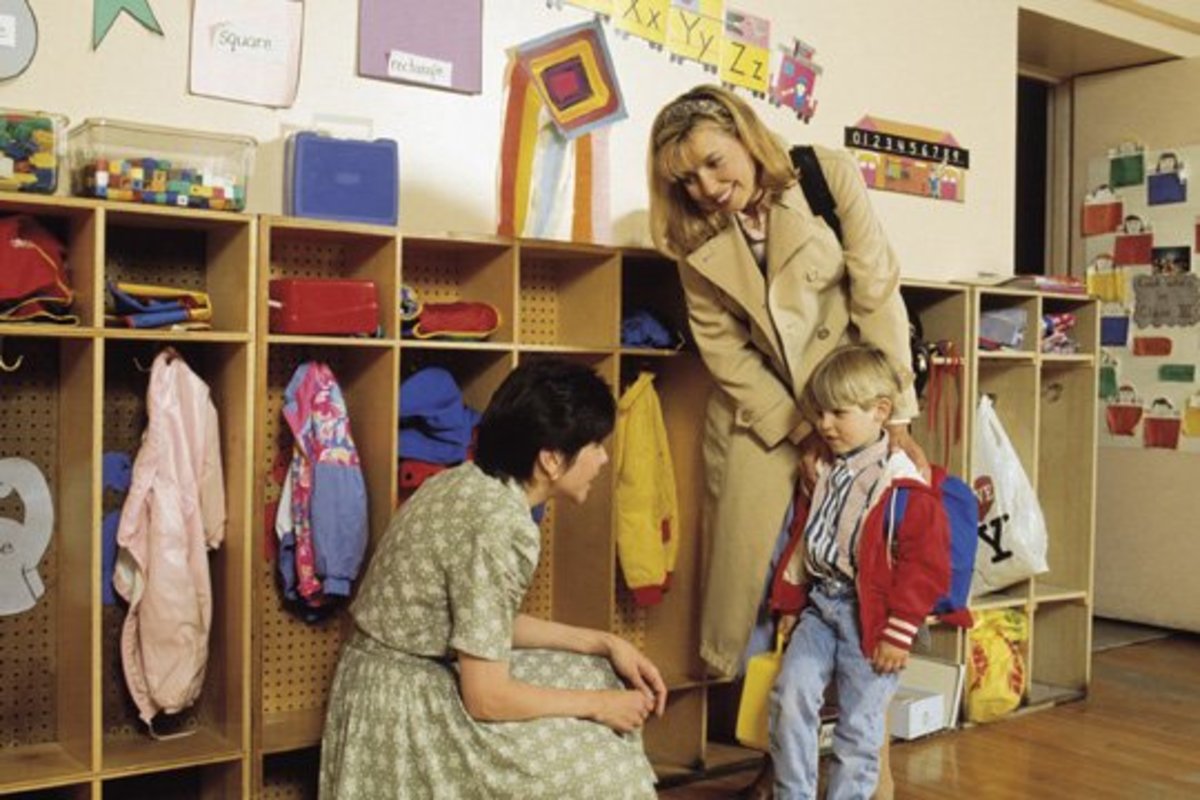Bed wetting. How to stop and deal with nocturnal enuresis.
Bedwetting

Bigger health issues that can cause bedwetting
Before you continue reading, consider talking to a physician if your child is showing any of these symptoms besides just wetting the bed. These could be signs of a medical condition and not just growing pains
- Diabetes. symptoms may include passing large amounts of urine at once, increased thirst, fatigue and weight loss in spite of a good appetite. For a child that is usually dry at night, this could be a major alarm if it starts. So have it checked out.
- A defect in the urinary tract or nervous system. Although rare, bed-wetting is related to a defect in the child's neurological system or urinary system.
- Chronic constipation. Not having regular bowel movements may make it so your child's bladder can't hold enough urine, which can cause bed-wetting at night
- Urinary tract infections
- Sleep apnea
- Sexual abuse, trauma, physical abuse, or stress
Moving on...
If you've determined that your child has an issue with bed wetting, and the cause is not from a serious health condition, it's now time to make your life, and your child's a bit brighter, easier, and most importantly, dry!
A child never wets the bed on purpose, so shaming them, or allowing other children to tease them is unacceptable. Most of the time they already feel badly enough, and boosting their confidence is more important. They need to be reassured that this won't last forever. And although they are a child, respect, dignity and privacy should be given to them when dealing with this issue.
Sometimes your child will be a heavy sleeper and not awake properly during the night to urinate. Sometimes, it's a matter of their bladder still catching up with all the other physical changes they are going through. Many nights you may wake up frustrated, especially when you discover that the sheets need to be changed again. But life can get a lot easier with a few modifications, not only for you, but also for your child, until this stops. And that is the goal, right?
Common causes of bed wetting
- Lack of bladder control-Children naturally gain bladder control at night over time, there is no predetermined age at which this will happen. Twice as many boys wet their bed as girls. But after age 5, about 15% of children continue to wet the bed, and by age 10, 95% of children will remain dry through the night.
- It's inherited-Like many traits children acquire from biological parents, bed wetting is no exception. So before losing your temper, take a look at your own past.
- Deep sleepers-As your child sleeps, their brain may not signal to their bladder that it is full and they should wake up to use the bathroom. So make sure your child not only gets the proper amount of sleep for their age, but that they use the bathroom one last time before heading off to dreamland.
- Constipation-stay in the poop loop and make sure your child is having daily bowel movements. You can also include fiber drink mixes in their beverages if they are not getting enough fiber. If you are a parent, you've probably asked your child "did you poop today?" don't stop asking.
Bedwetting
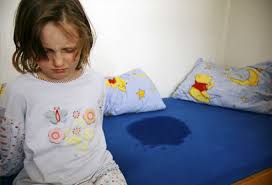
Things to avoid when dealing with bed wetting
- Don't shame or yell at your child. They are not wetting the bed on purpose.
- Don't tease or embarrass them, or allow other children you have to do this
- Don't let your child go to bed at night before "trying to go" one more time
- Don't make this issue everyone's business, it's not, and chances are your child already feels terrible about it.
Goodnights! For you and your child
Things you should do to make life dry
- Don't allow your child to drink any fluids 2 hours before bedtime.
- Make sure your child uses the bathroom at least one last time before going to bed.
- Make sure your child is getting the required amount of sleep for their age.
- Make sure your child's diet has enough fiber, and that they are having regular bowel movements.
- Get a plastic mattress liner for their bed.
- Consider buying a bed alarm, which will wake a deep sleeper when it detects moisture.
- Use pull-ups nightly and reiterate that they are not diapers. Use powder if needed to keep them from developing a rash.
- Give your child encouragement when they stay dry, and keep a positive outlook, your child knows when you are upset.
- Keep your child clean. If they wet in the night, change the sheets immediately, do not allow them to sleep in urine as punishment or because you are to lazy to change the bedding.
- In an age appropriate conversation, speak with your child about this issue. Stay positive, remind them that a lot of kids have accidents and eventually this will stop.
- If your child is attending a sleepover, pack a pair of pull-ups Goodnights discretely, and let them know ahead of time that they can change in privacy and no one needs to know they are wearing them.
Growing up
Stay positive, look for the conversations with this issue that allow for "teachable moments", trust building, self-care, hygiene, and bonding!
Growing up is full of many changes, embarrassments and learning experiences. One day you and your adult child will look back on bed wetting and it will all be just another thing of the past.
More things you should read...
- How to get your kids ready for another year of schoo...
As the summer winds to and end, preparing for another school year begins, and it's time to get your kids ready for the next successful year... - How to get your children to clean!
Simple tips and advice to make cleaning the house fun for kids and to consistently get them to do it. But most importantly seeing it work! - One bath time idea for kids that's big on fun! Splis...
Kids love bath time and those that don't will now! This idea is big on fun and small on the wallet! Once your kids see what you've set up, they'll jump right in the tub like little happy fish! - Tornado safety: procedures and tips to stay safe unt...
How to stay extra safe during a tornado or tornado warning. Don't just think you know what to do, make sure you do!
© 2013 Rebecca

